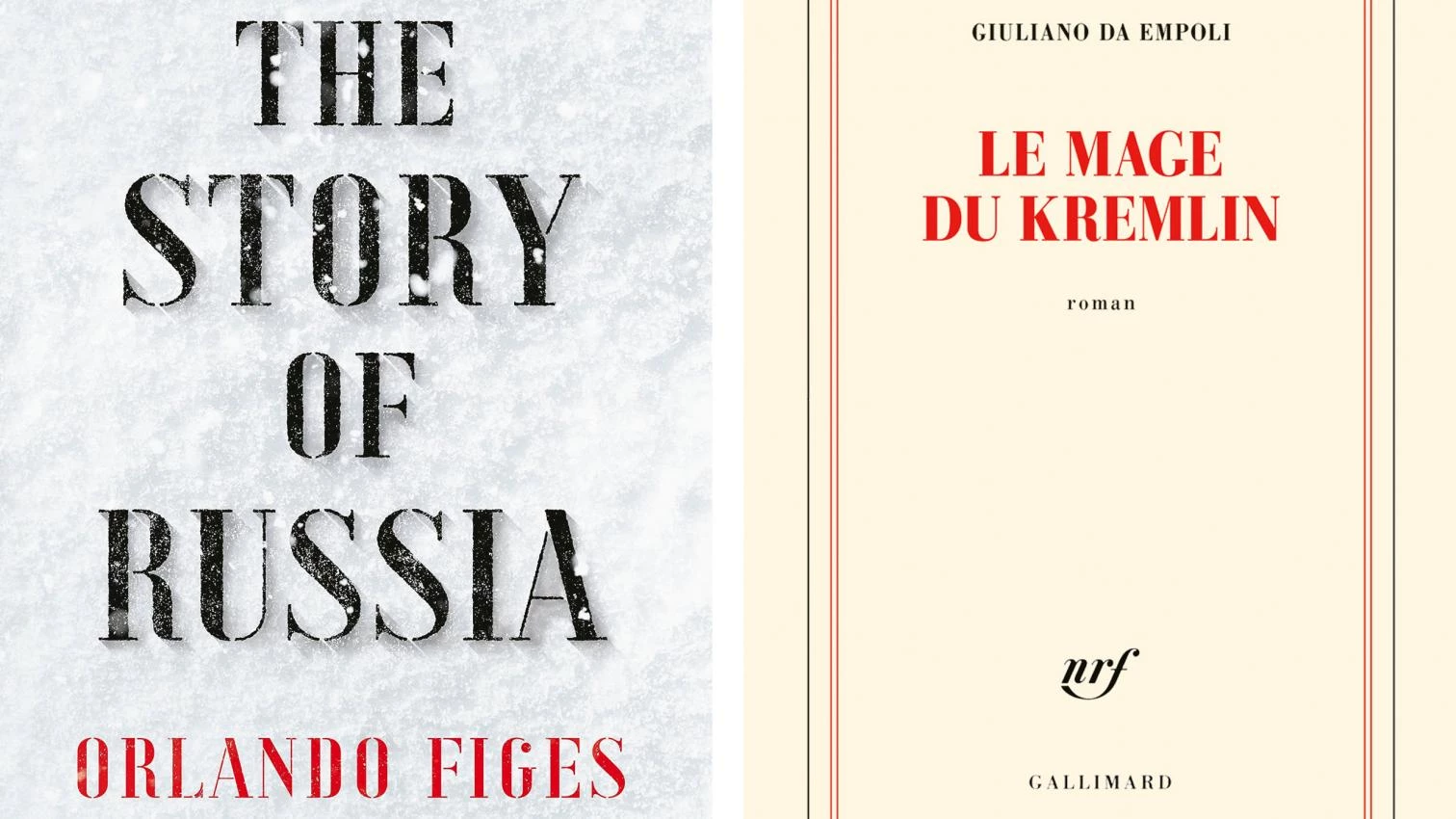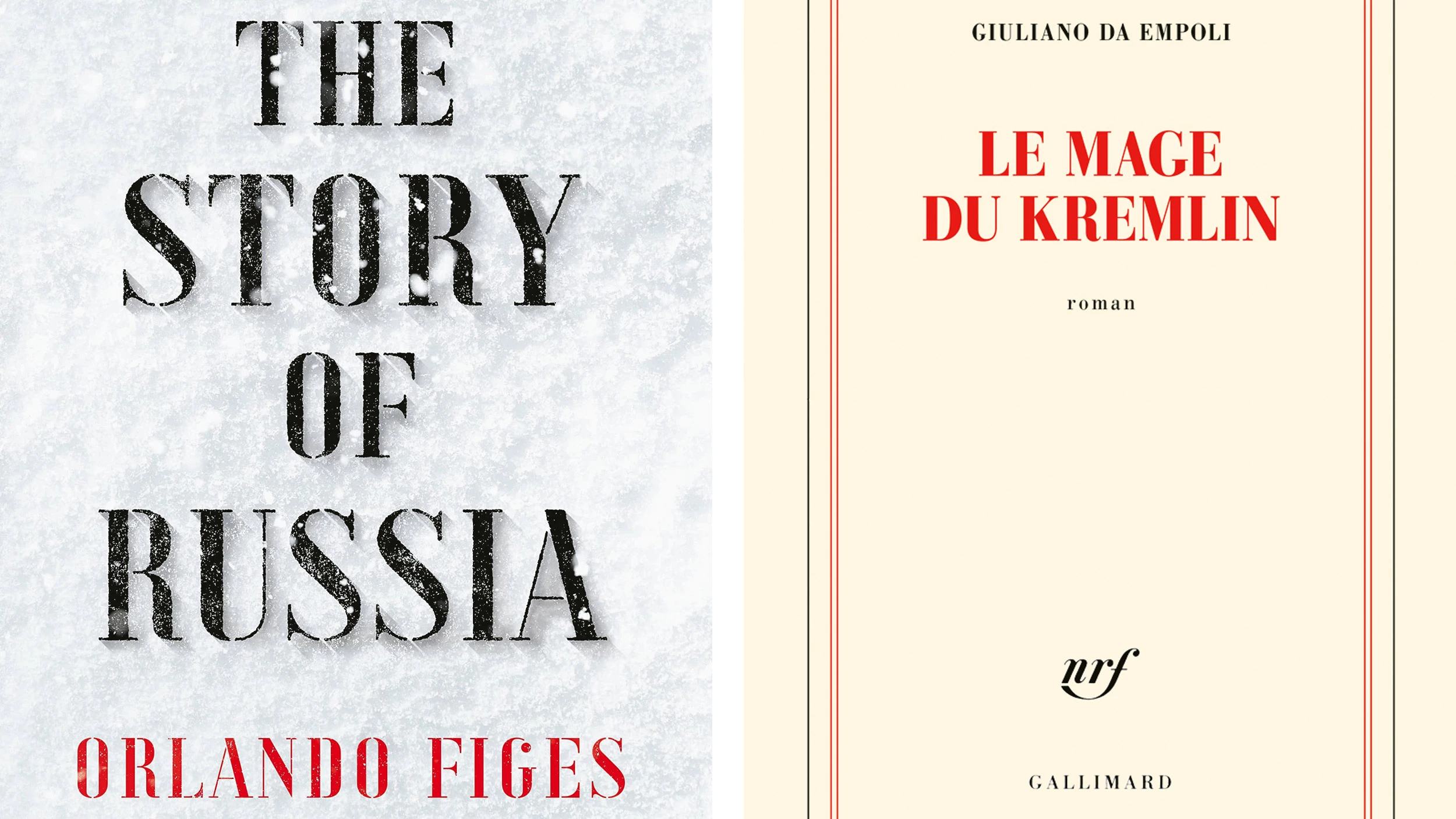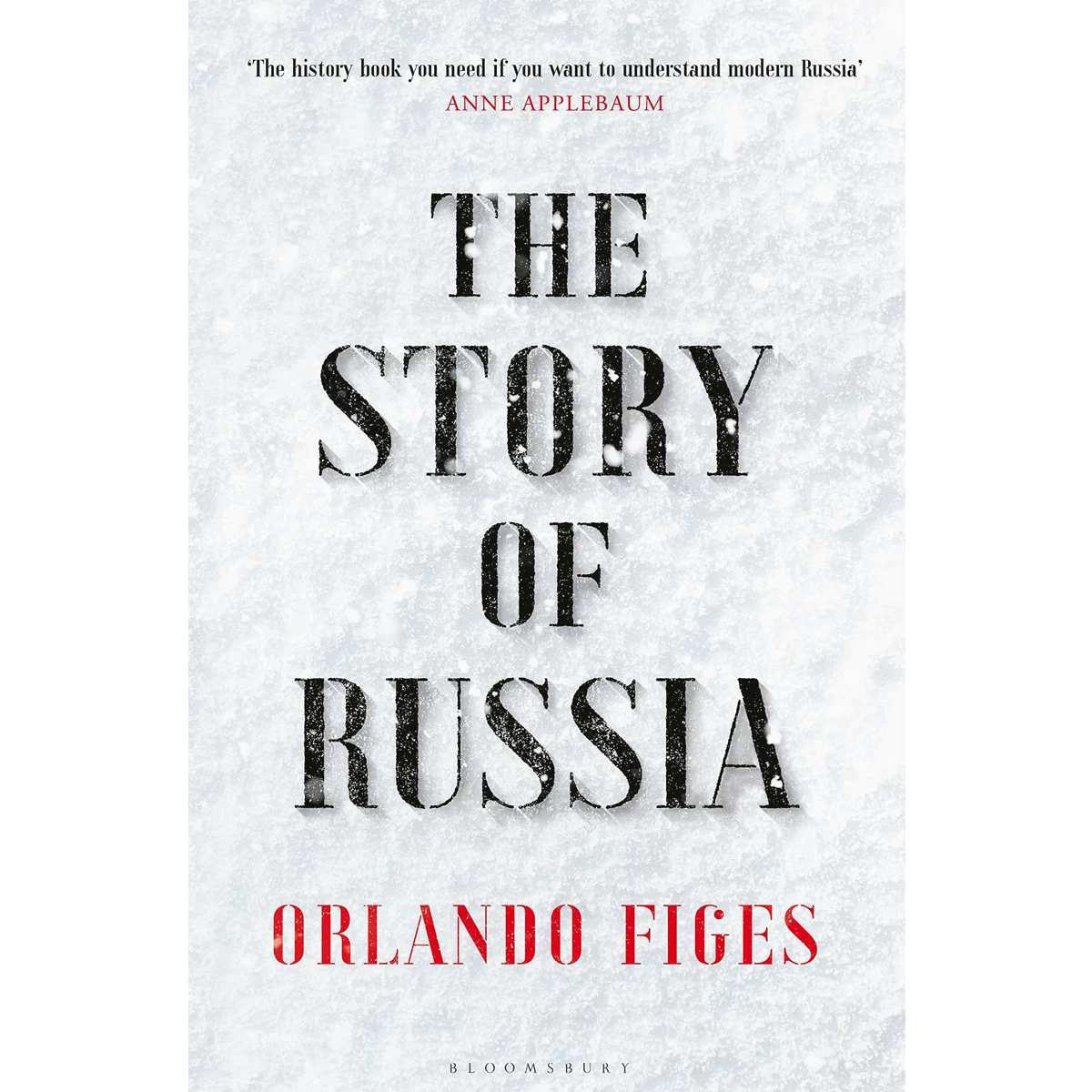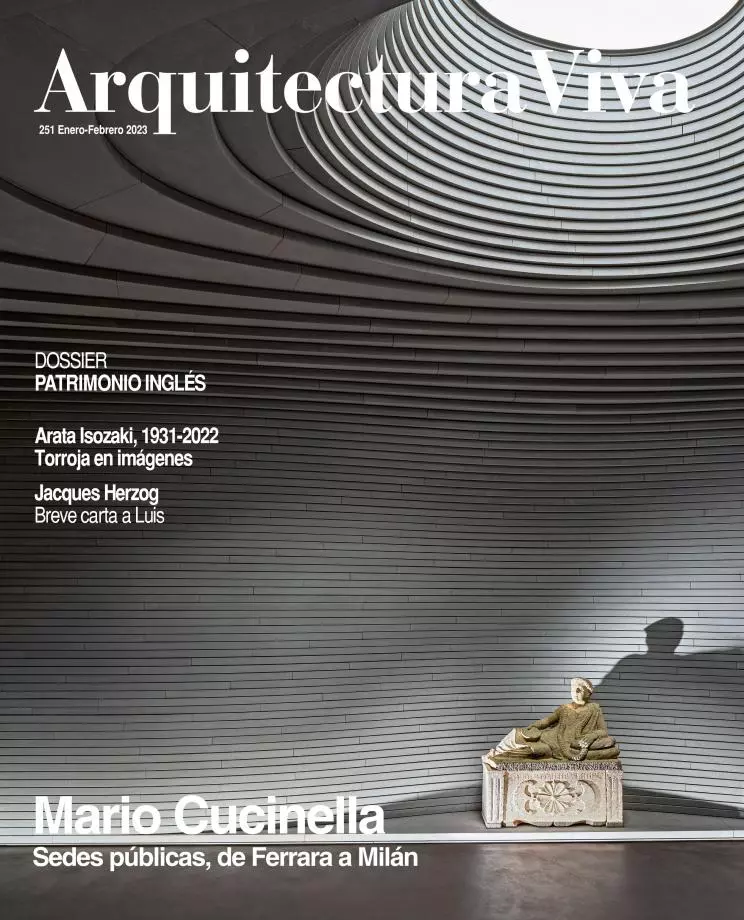
The world changed on 24 February 2022, but the start of the war in Ukraine was produced by the tensions in the tectonic plate of Eurasia. There is no way to understand the conflict without knowing the history of Russia, nor without penetrating the hermetic court of Kremlin’s occupant, a task made easier by two books published the tragic year of the invasion. Orlando Figes, in The Story of Russia, presents history as a narrative because from the imagined origins of the nation, each episode is interpreted under the light of later political interests; and Giuliano da Empoli, in Le mage du Kremlin, offers a narrative as history, as his fictionalized biography of the main advisor to Putin reveals the inner workings of Russian politics.
The German-British historian takes us on a journey that mixes reality and myth, because fact cannot be separated from a fiction aimed at legitimizing autocracies, and already the introduction shows Vladimir Putin inaugurating a monument to the Grand Prince Vladimir, who ruled over the Kievan Rus’ and converted to Christianity in 988, a mythical origin of a collective path from then on associated with Byzantium and the Orthodox Church. Russia looked to the West from the 18th century on, but veneration of the ‘saint tsar’ stayed intact, so its history has shown more continuity than rupture. In the last chapter Figes focuses on the failure of democracy with Yeltsin and the return of dictatorship under a Putin who at first promoted integration with the West, but ended up defending the ‘sovereign democracy’ coined by Vladislav Surkov, his former deputy chief and leading aide, as a sui generis version of the concept, based on controlling media, manipulating elections, and reinstituting pride in Russian history.
Under the name of Vadim Baranov, Surkov is the lead character of the book by the Swiss-Italian political essayist, who with this novel won the 2022 Grand Prix du Roman of the Academie française. In the work, presented as one long autobiographical monologue of the Russian politician in conversation with the author (after they met through a shared devotion for Zamyatin, whose We inspired the Huxley and Orwell dystopias), Da Empoli presents the core of Russian power, courtiers and oligarchs gathered around Putin, who is always referred to as ‘the Tsar,’ and for whom Baranov, an ex-producer of reality TV, builds a political theater that takes in the entire country. Cultured and sensitive, the advisor ends up leaving his post, and in the course of a night of confidences delivers a reflection on power that is also a mea culpa on political propaganda. For a grasp of the Ukrainian conflict, there is no better tool than these two dazzling authors.








